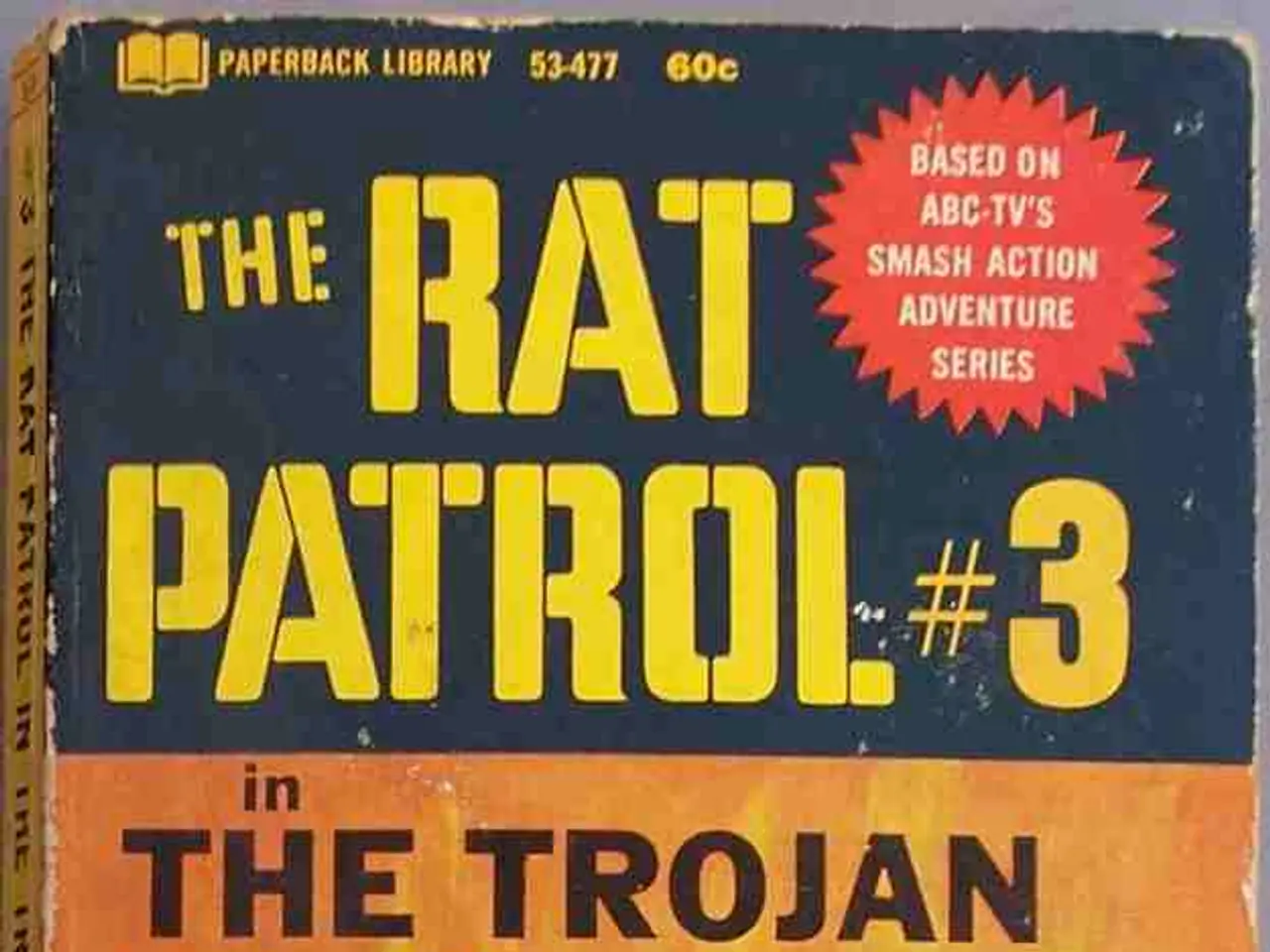"In South Lebanon, the process of rebuilding is underway through the lens of Resistant Ecologies"
=====================================================================
In the heart of southern Lebanon, a region scarred by decades of conflict, lies a tale of resilience and survival. Amidst the ruins of war, the connection to the land becomes an act of defiance, as demonstrated by the unyielding spirit of farmers like Fatima.
Munira Khayyat, an anthropologist and author, chronicles this story in her book, "A Landscape of War." Khayyat's account offers an insightful perspective, focusing on the concept of "resistant ecologies." These ecologies, she argues, are more than just natural habitats; they are living testaments to the endurance of life, culture, and community in the face of relentless conflict.
The region's history is marked by repeated military occupation and warfare, such as the 2006 July War, which saw Israel drop 4.6 million cluster bombs, many of which remain unexploded, continuing to poison the land. Yet, despite this devastation, resistant ecologies persist, symbolizing the survival and persistence of life forms that sustain local biodiversity and cultural memory.
One such example is tobacco farming, a key resistant ecology in southern Lebanon. Women like Fatima, a farmer and weaver of tobacco, refuse to abandon their land, even when their villages turn to rubble. Their determination to remain on the land serves as a symbol of resistance, embodying the deep-rooted connection between the people and their environment.
The goats of southern Lebanon also play a vital role in survival, their light bodies allowing them to graze on almost anything and navigate explosive fields. During the 2006 July War, goatherders formed a multi-species alliance that protected lives and livelihoods, demonstrating the adaptability and resilience of these resistant ecologies.
The ongoing violence in southern Lebanon is tied to historical aggression by Israel. The bombardment of Gaza has displaced countless families, including Bou Sahel's, who have been forced to move and are unable to return to their destroyed village due to Israeli restrictions. Despite this, the spirit of resilience endures, as evidenced by the networks of care and innovation that continue to thrive even in catastrophic times.
Khayyat emphasizes that Lebanon is more than just militarized conflict. It contains a "multitude of lives that were pursued with a focus on life, and not necessarily on death." The concept of resistant ecologies highlights the need for stewardship and activism that goes beyond conventional human-centered war accounts to include ecological reparation and collective dreaming for a sustainable future.
In recent news, a ceasefire between Israel and Hezbollah was agreed upon last week, ending over a year of war and two months of Israeli ground invasion in southern Lebanon. However, the ceasefire was short-lived, with Israeli airstrikes resuming within 24 hours, underscoring the ongoing struggle in the region.
Despite the challenges, the story of southern Lebanon's resistant ecologies serves as a reminder of the enduring power of life and the essential role of humans and their environment in survival. These ecologies, in their resilience, offer a critical lens to understand and resist environmental violence alongside human occupation and war.
[1] Khayyat, M. (2021). A Landscape of War: Resistant Ecologies in Southern Lebanon. University of California Press. [3] Khayyat, M. (2020). Resistant Ecologies in Southern Lebanon: A Case Study of Tobacco Farming. Geoforum, 115, 103067. [5] Khayyat, M. (2022). Goats, Grazing, and Resistance: Multi-species Alliances in Southern Lebanon. Journal of Political Ecology, 29, 505-522.
- Munira Khayyat's book, "A Landscape of War," delves into the concept of "resistant ecologies" in southern Lebanon, where these ecologies are not just natural habitats, but living testimonies to life, culture, and community resilience.
- The local community's identity is deeply intertwined with the environment, as demonstrated by the resolve of farmers like Fatima to continue tobacco farming, even amidst the remnants of war.
- The art of weaving tobacco and the adaptability of goats serve as symbols of resilience and survival, embodying the connection between people and their environment in southern Lebanon.
- Environmental-science studies, such as those by Khayyat, underscore the importance of stewardship and activism beyond conventional war accounts, emphasizing ecological reparation for a sustainable future.
- Climate-change, conflict, and war-and-conflicts are interconnected issues that impact the environment and communities in southern Lebanon, as seen in the unexploded cluster bombs that continue to poison the land and disrupt local lives.








